
OR
Final draft of Federal Civil Service Act proposes weeklong marriage leave for govt employees
Published On: April 6, 2023 05:30 PM NPT By: Republica | @RepublicaNepal
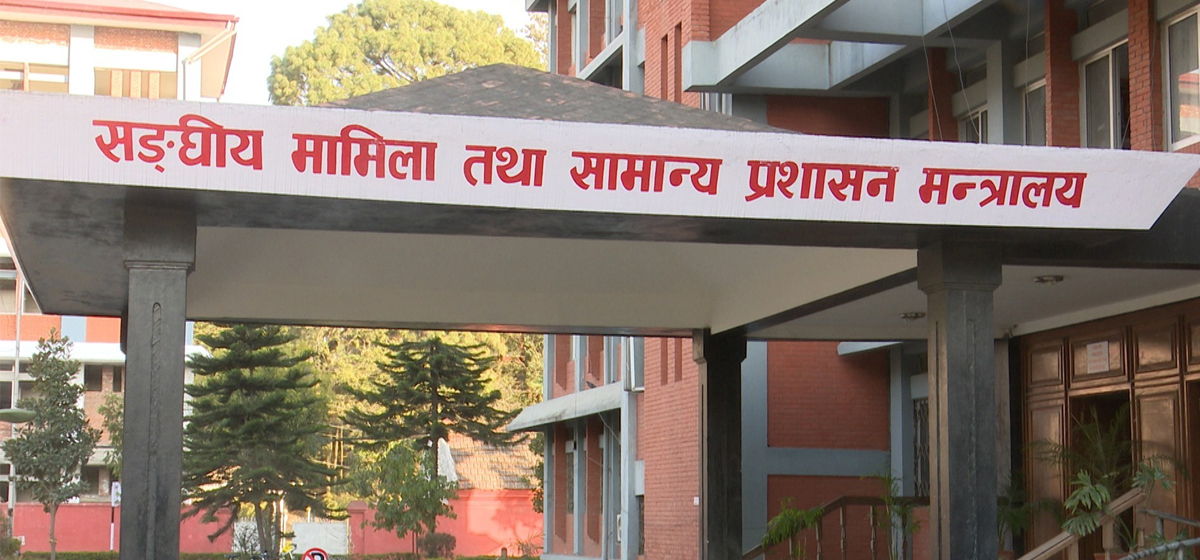
KATHMANDU, April 6: The government has prepared the final draft of the Federal Civil Service Act. In the draft, more perks and benefits have been added to the civil servants than in the past. But there is no clear explanation about their work performance and service flow.
The draft was prepared by the government employees themselves. In the draft prepared by themselves, the employees have given more priority to their rights and perks and benefits.
A few days ago, Minister for Federal Affairs and General Administration Amanlal Modi held a press conference on the Federal Civil Service Act.
A question was raised about the fact that in the initial draft some points had been added about the rights and interests of the employees than the current law, but the provisions regarding service delivery, work and duties have not been clarified.
In the final draft of the law, the issue of service delivery is not clearly mentioned. If the draft is passed without amendment, employees will now get more leave. Even a provision for marriage leave has been made in the draft law.
According to ministry sources, preparations are being made to bring regulations after the bill is passed and becomes a law. Additional provision regarding marriage leave will be made in the regulation.
A senior employee of the ministry said that the arrangement for giving one week of marriage leave is being prepared in the regulations. Not only has maternity leave been added to the leave system, another leave has also been added as maternity care leave.
In the same way, the provision of casual and festival leave, sick leave, funeral leave, study leave, bereavement leave, unpaid leave has been maintained.
In the draft, it has been clearly explained to the employees on the issues regarding benefits review committee and other issues of medical expenses, housing loans, vehicle facilities, special financial facilities and salary.
Similarly, provisions have been made for a pay hike every two years. According to the draft, after each civil servant completes one year of service, the amount equal to one day's salary will be increased as specified.
Similarly, more benefits have been offered to the employees in matters such as pension and family pension. A very strict proposal has been made to protect the employees from action, suspension. The employees' jobs are protected in such a way that the government finds it very difficult to prosecute them.
In the draft, the retirement age limit of the employees has been kept at 60 years. In the current law, the retirement age limit is 58 years. There has been a controversy about whether to keep the retirement age at 58 years or 60 years. In the draft, it has been arranged that the retirement age will be 60 years from mid of July, 2023.
According to ministry sources, there has been no significant change in the current arrangements regarding the trade union of employees and the official trade union which have been opened gradually. In the existing law, there is a provision to allow civil servants to open a trade union based on their political allegiance with the party concerned. There is also a separate arrangement of an official trade union of all trade unions formed on the basis of political parties.
Leaders of civil servants trade unions have been repeatedly warning the government to perform exactly as mentioned in current provisions regarding trade unions.
In the draft, it is stipulated that for the time being, the chief administrative officers and the province secretaries will be employees of the union, but their transfer and mobilization will be done by the province chief minister's office.
If the capacity of the provincial government increases, it has been arranged that the chief administrative officers and the provincial secretaries will be kept under the provincial government. Since the beginning, there has been a dispute about whether the chief administrative officers and the province secretaries should be under the union or the provincial governments.
Nepali Congress and CPN-UML are on one side on this issue while the CPN (Maoist Center) and Janata Samajwadi Party (JSP) are on the other. NC and UML have been maintaining the position that the Chief Administrative Officers and Provincial Secretaries should be subordinate to the Union, while the Maoist Center and JSP are maintaining that the Chief Administrative Officer and Provincial Secretary should be kept under the provincial governments.
Spokesperson and Joint Secretary Kamal Bhattarai of the Ministry of Federal Affairs and General Administration said the draft of the Federal Civil Service Act has been sent to the Ministry of Law and Ministry of Finance for approval.
You May Like This
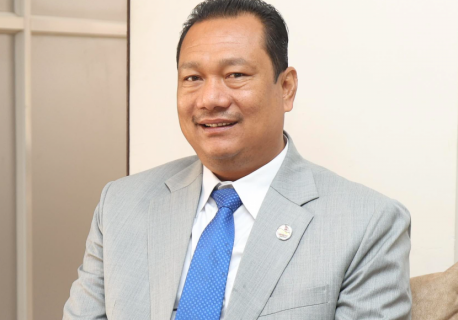
Federal Civil Service Act soon: Minister Modi
KATHMANDU, July 13: Minister for Federal Affairs and General Administration, Amanlal Modi, has asserted that the Federal Civil Service Act... Read More...
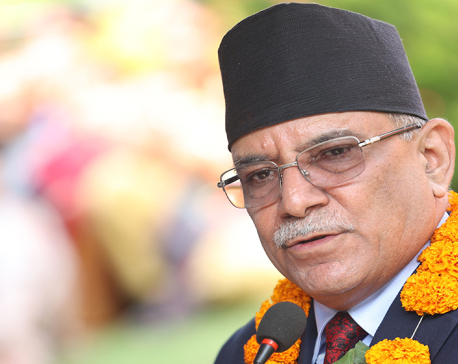
Federal Civil Service Act to be passed by Cabinet tomorrow
KATHMANDU, Sept 4: Prime Minister Pushpa Kamal Dahal has said that the Federal Civil Service Act will be passed by... Read More...

Federal Civil Service Bill to be tabled in cabinet soon: Minister Modi
KATHMANDU, Aug 8: Minister for Federal Affairs and General Administration, Aman Lal Modi, has said that the government would table... Read More...
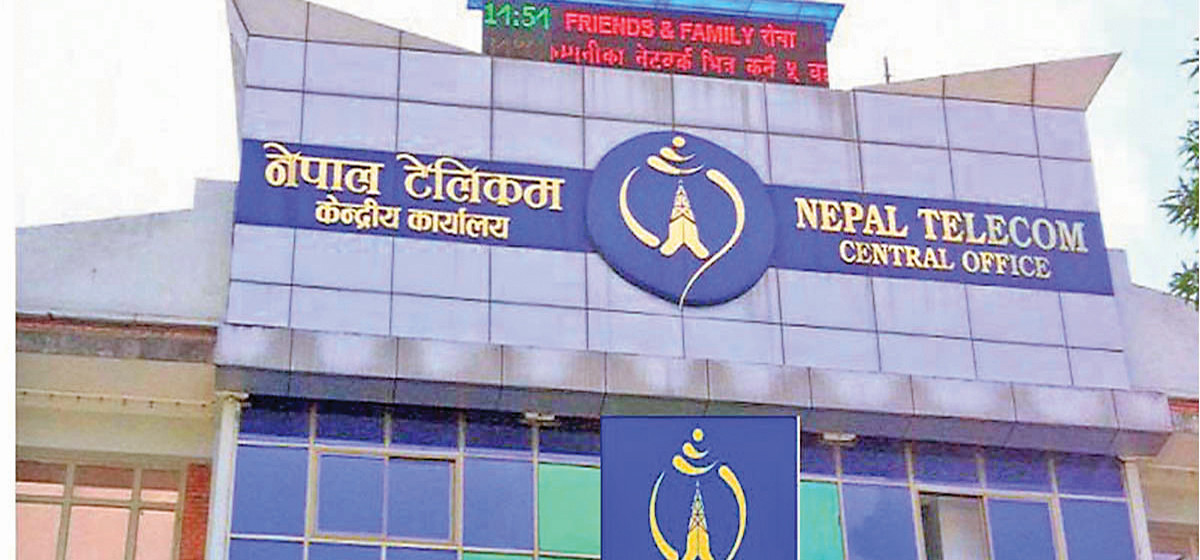

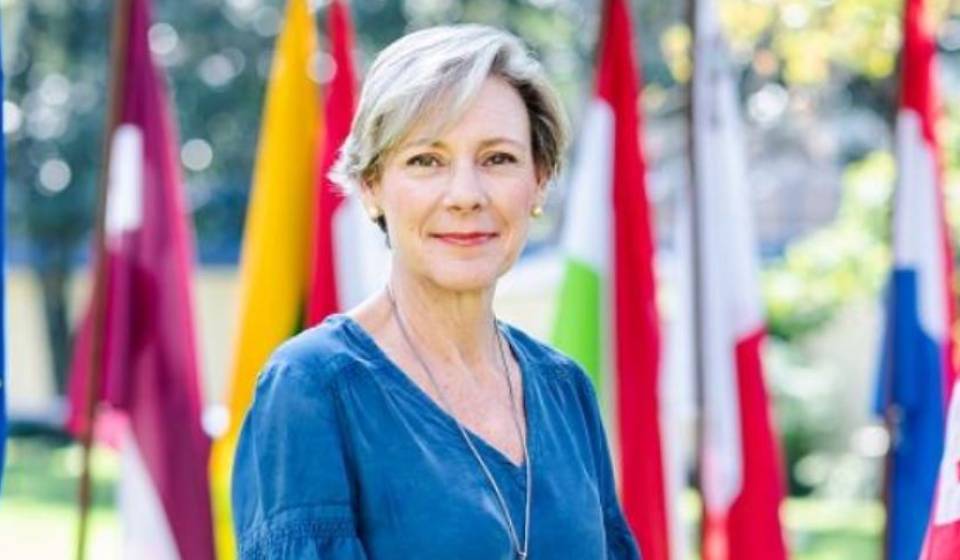
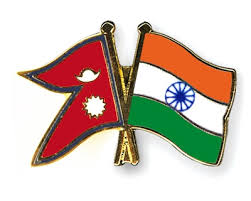
Just In
- KMC starts homework to draft policies and program and annual budget for FY 2024/25
- Joint meeting of Federal Parliament to be held on May 14, President to address
- Main opposition party NC takes exception to the role of government and speaker in parliament
- Maoist Center Spokesperson Sapkota bats for national consensus
- Karnali CM Kandel calls an all-party meeting to discuss overall development and prosperity of the province
- Deputy Mayor of Nepalgunj Sub-Metropolitan City to stay with JSP
- Ten Sherpa members scale Mt Everest
- I should get chance to speak in parliament: DPM Lamichhane



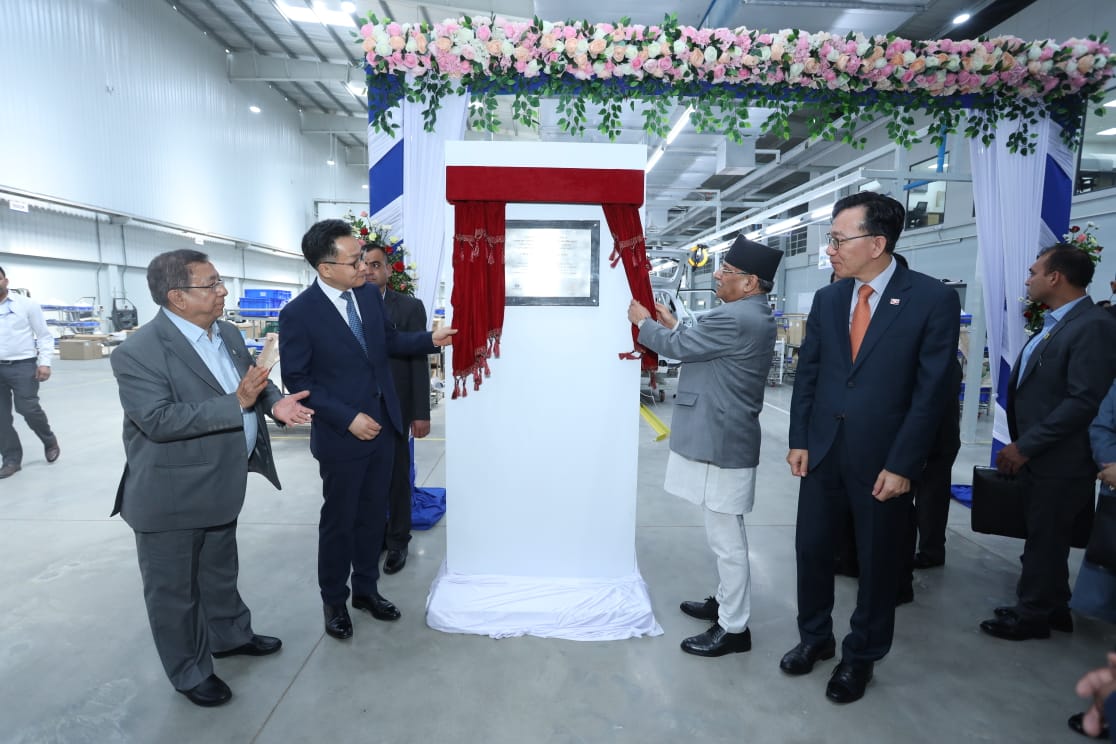

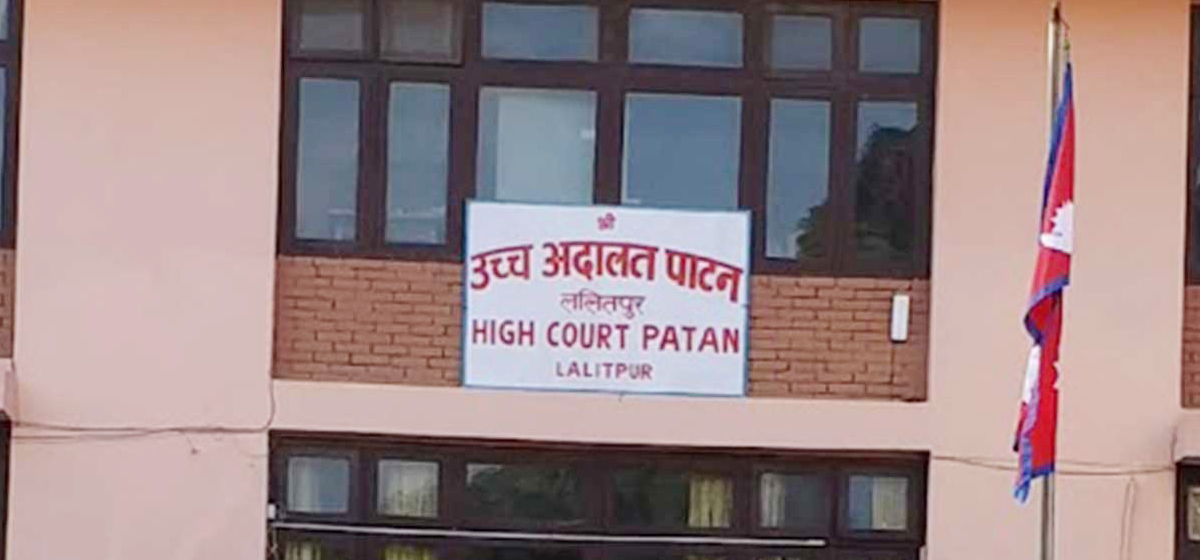


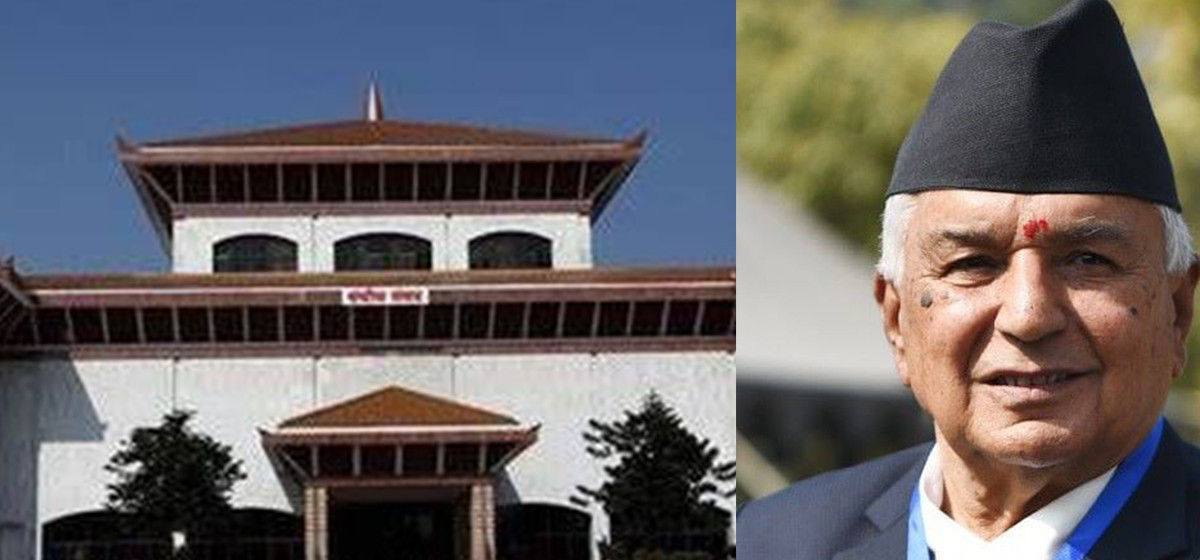
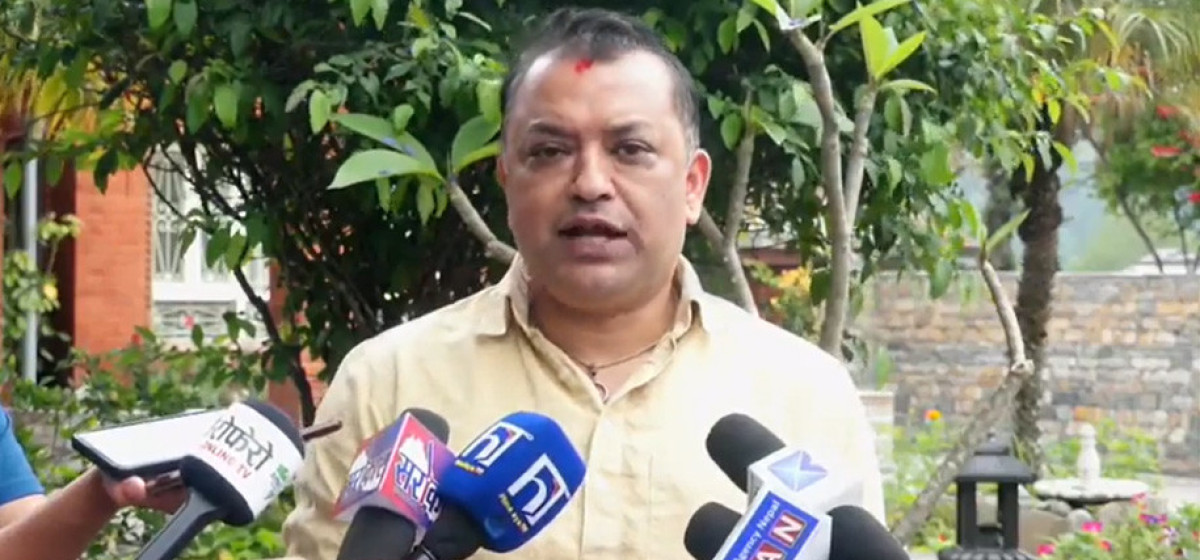
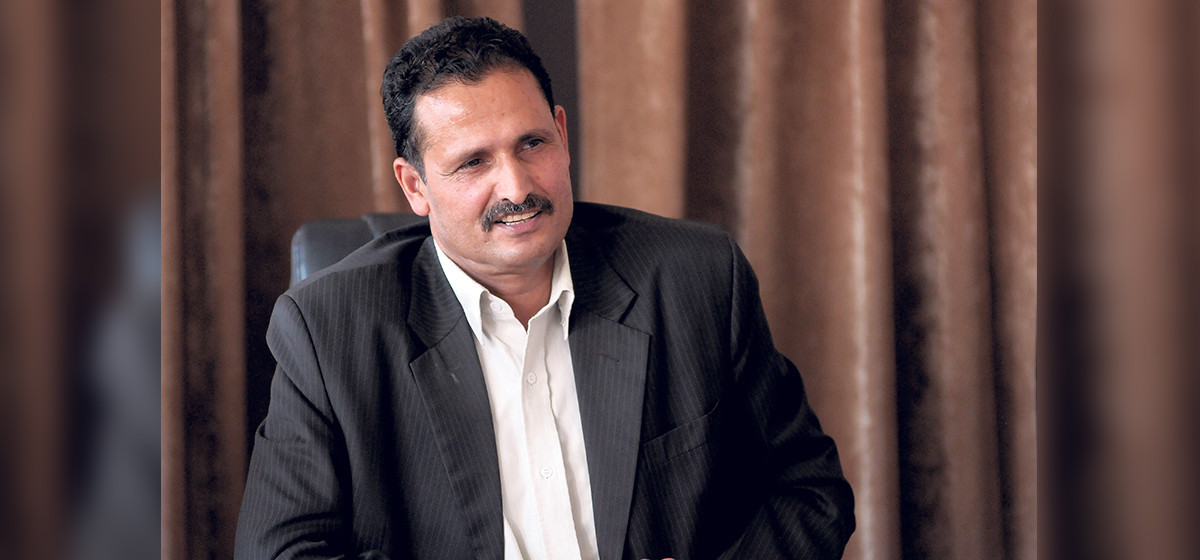

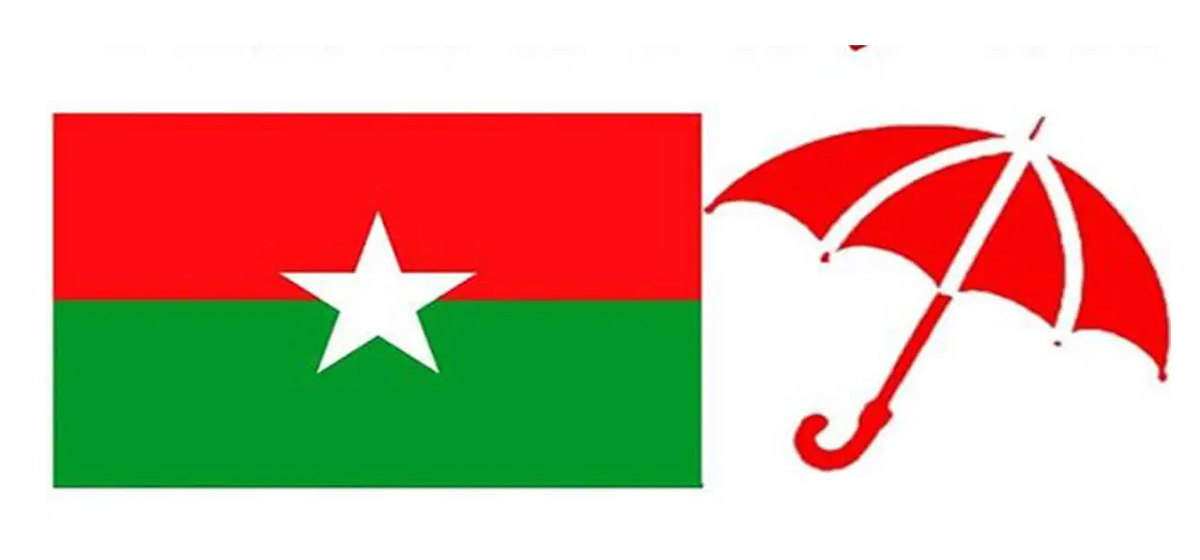


Leave A Comment